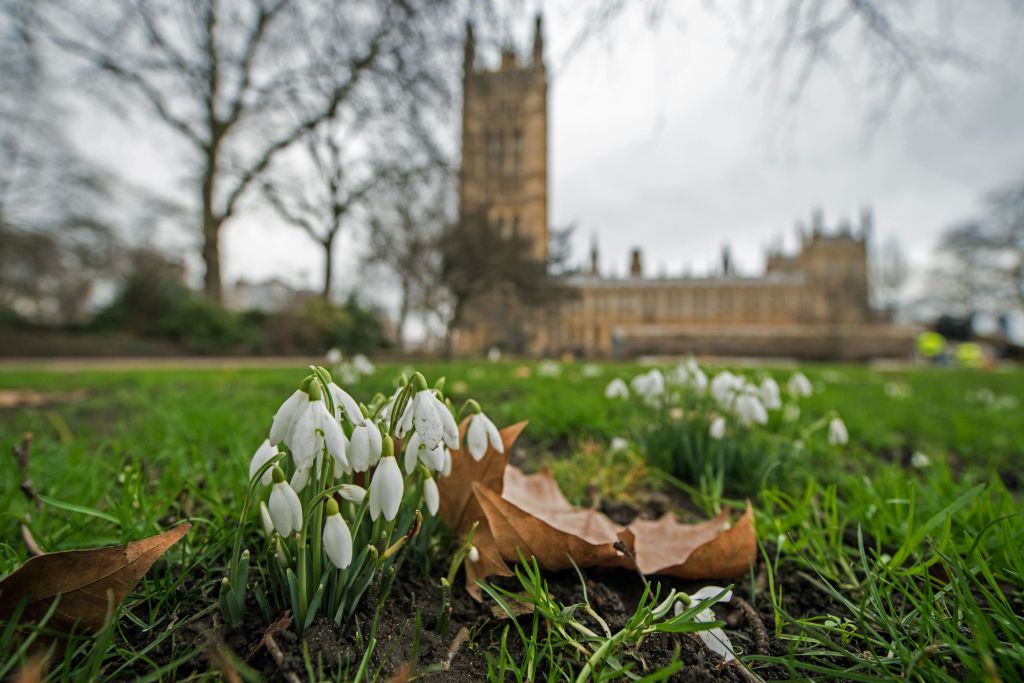David Cameron announced five years ago that he was establishing a “Holocaust Commission”. The purpose? To “investigate what more needs to be done to ensure Britain has a permanent and fitting [Holocaust] memorial and the educational resources needed for generations to come.”
Out of this Commission came a Holocaust Memorial Foundation; and out of this Foundation – technically an Advisory Board to the Ministry of Housing, Communities & Local Government – a breathtaking proposal has been issued: to construct within Victoria Tower Gardens (next to the Houses of Parliament) a gigantic edifice incorporating a learning resource centre to honour Jewish and other victims of the Nazi Holocaust, such as Roma, disabled and LGBT people.
This proposal is now the subject of a public consultation launched by Westminster city council. This has become exceedingly bitter. It’s not difficult to understand why.
While the sincerity of those who support the project is not in doubt, it needs to be remembered that – both in London and elsewhere in Britain – there are already a number of imposing Holocaust memorials.
There is Frank Meisler’s moving Kindertransport sculpture at London’s Liverpool Street station. There is the bold memorial in Highbridge, Somerset, to British secret agent Frank Foley, through whose efforts (which included defying his British bosses in the Foreign Office) more than 10,000 Jews were able to escape from Nazi Germany. There is already a Holocaust memorial (opened 1983) in London’s Hyde Park. There is a permanent Holocaust exhibition at the Imperial War Museum. And in London’s Russell Square there is the incomparable Wiener Library for the Study of the Holocaust and Genocide.
So it can come as no surprise that many are asking what justification there can possibly be for the erection of yet another Holocaust memorial crowding the nation’s capital.
Then there’s the cost. For starters, the British government pledged £50m of taxpayers’ money. It then declared it was minded to add another £25m to this pledge.
Last December, it was announced that two seriously moneyed members of the Foundation’s management team (Gerald Ronson and former Tory party chairman Lord Andrew Feldman) had agreed to establish an independent charity to raise another £25m. So that’s a cool £100m in total.
£100m? For a Holocaust memorial in a city that already has several? And yet another Holocaust educational centre for which there is absolutely no real need?
With the NHS short of funds, rough sleepers on the streets and thousands of families in genuine poverty, how on earth can the Government justify committing £75m of public money to this project? And if Ronson and Feldman can really raise £25m, I can think – as a fellow British Jew – of far worthier Anglo-Jewish causes to which such funds can be put.
The proposed site for the memorial is another reason to object to it. For those unfamiliar with Victoria Tower Gardens, it is worth remembering that this is a public park within a Conservation Area. What’s more, this area is already designated as a zone of “Monument Saturation.” The Gardens are also home to a small children’s playground.
Unsurprisingly, amongst those objecting to the current proposal are Unesco’s official adviser on World Heritage Sites, the Royal Parks and even the Environment Agency, which has pointed out that the building of the Memorial could adversely affect flood defences on which local businesses and homes rely. Official drawings show that the Memorial will take up no less than 26.9 per cent of the green space currently in the park. It is little wonder that local residents are up in arms.
The management team responsible for the proposal is co-chaired by Lord Eric Pickles and Ed Balls. Amongst its members are a sprinkling of Jews and persons of Jewish heritage, including (as wells as Feldman and Ronson) chief rabbi Ephraim Mirvis, Lord David Alliance and Natasha Kaplinsky (who lost family members in the Holocaust).
While I do not doubt the personal sincerity of these worthies, I need to point out that within the wider set of Anglo-Jewish communities I have failed to detect any great enthusiasm for the gigantic Memorial that they are proposing. But what I have detected is incredulity, embarrassment and cynicism.
Britain bore only a very limited – and largely indirect – responsibility for the Holocaust. I have argued that the UK could have taken in more refugees from Nazi-occupied Europe and that a fitting memorial might be a monument simply listing those who were specifically denied entry into this country (and even, in some cases, forcibly evicted once they had reached British shores), and who perished as a result.






Comments